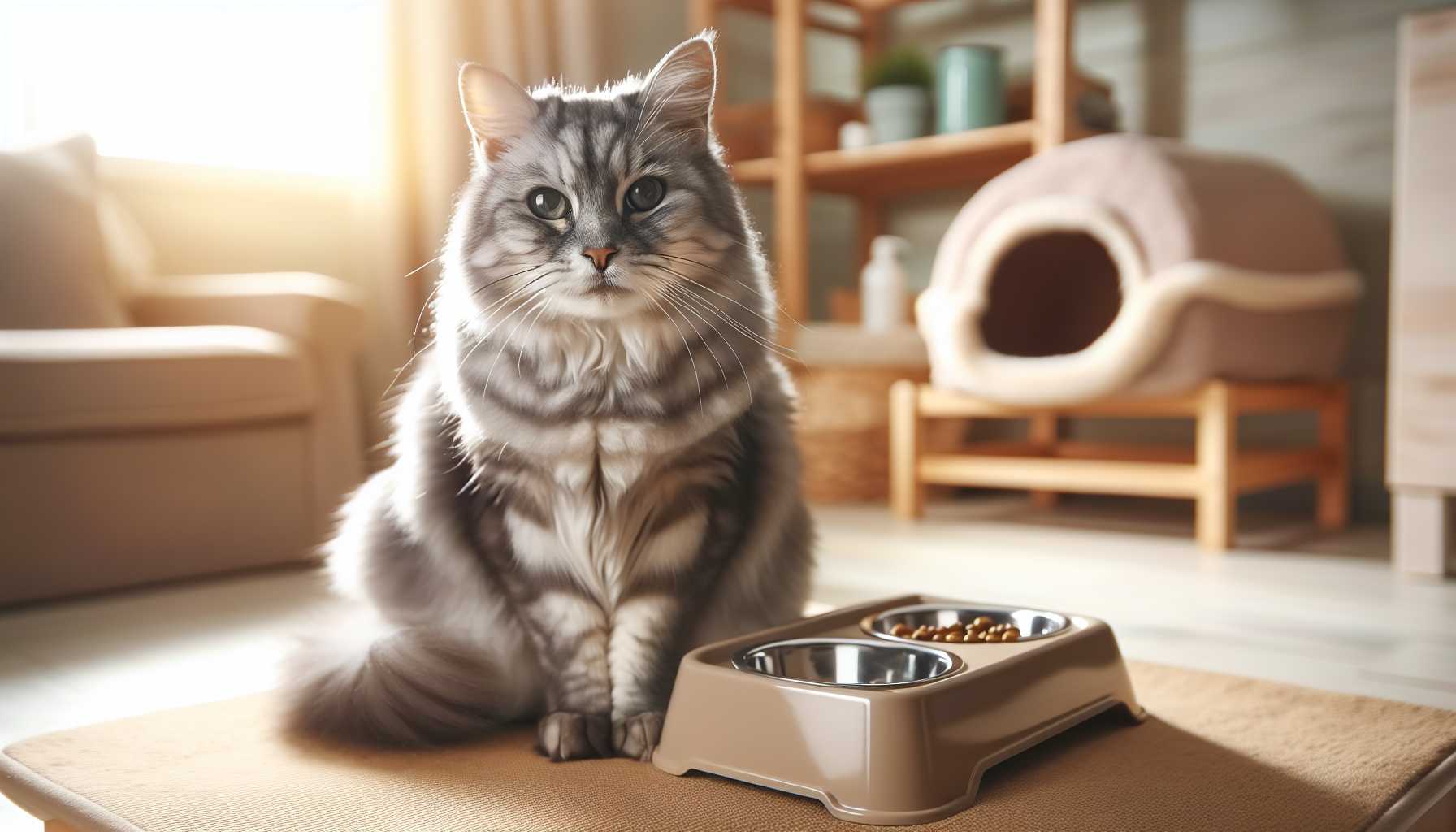Does your beloved feline companion seem to be reaching its twilight years? Just like humans, cats require special care as they age, particularly when it comes to their digestive systems. In this guide, we’ll discuss how to ensure your furry friend’s digestion remains stable and healthy as they age.
Recognizing Your Aging Cat’s Digestive Needs
As cats grow older, they become more sensitive in many ways, including their digestion. The kitten who once could eat anything might now need some additional care to ensure their digestive health stays in good shape. Cats are typically considered senior citizens in the cat world around the age of 7 to 10 years.
Spotting Digestive Problems in Mature Cats
Be alert to these frequent symptoms that may signify digestive issues in your aging cat:
* Regular vomiting
* Appetite fluctuations
* Inexplicable weight loss
* Irregular bowel movements
* Increased frequency of hairballs
* Lack of energy
Optimal Feeding Habits for Elderly Cats
Your senior cat will benefit from a predictable routine. Here are some feeding practices that can ease their digestion process:
* Provide smaller meals, but more frequently
* Serve meals at room temperature
* Always have fresh water available
* Use raised food dishes to alleviate neck strain
Selecting Suitable Food for Senior Cats
When choosing food for your furry friend, focus on these critical elements:
* Top-tier protein sources
* Ingredients that are easy to digest
* Additional fiber
* Omega-3 fatty acids for brain health
* Appropriate calorie count to prevent weight gain
Beneficial Supplements for Digestive Wellness
In some instances, your elderly cat might require an extra boost:
* Probiotics to bolster gut health
* Digestive enzymes to assist with food breakdown
* Supplemental fiber
* Fish oil to combat inflammation
When to Consult a Veterinarian
Don’t delay seeking professional opinion if you notice:
* Immediate alterations in eating habits
* Persistent diarrhea or constipation
* Significant weight fluctuations
* Any unusual behavior that might indicate discomfort
Valuable Everyday Care Tips
Make your senior cat’s life comfortable with these simple techniques:
* Maintain a regular feeding routine
* Monitor their water consumption
* Keep their litter box clean
* Ensure easy access to food and water
* Shower them with plenty of love and attention
Designing a Relaxing Environment
Your aging cat will appreciate a serene space:
* Provid quiet feeding locations
* Litter boxes that are easy to reach
* Warm, comfortable spots to relax
* Minimize changes in their environment
It’s important to remember that all cats are unique with their own set of preferences. Therefore, observe your feline companion closely and make necessary adjustments to their routine and diet. By providing attentive care, your senior feline can enjoy trouble-free digestion even in their twilight years. To provide your aging cat with the care it deserves, implement these tips starting today. However, remember that nothing replaces professional advice, so always consult your veterinarian for tailor-made guidance.

